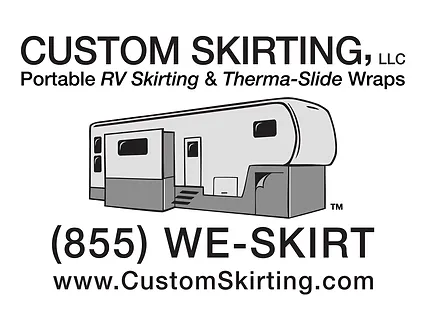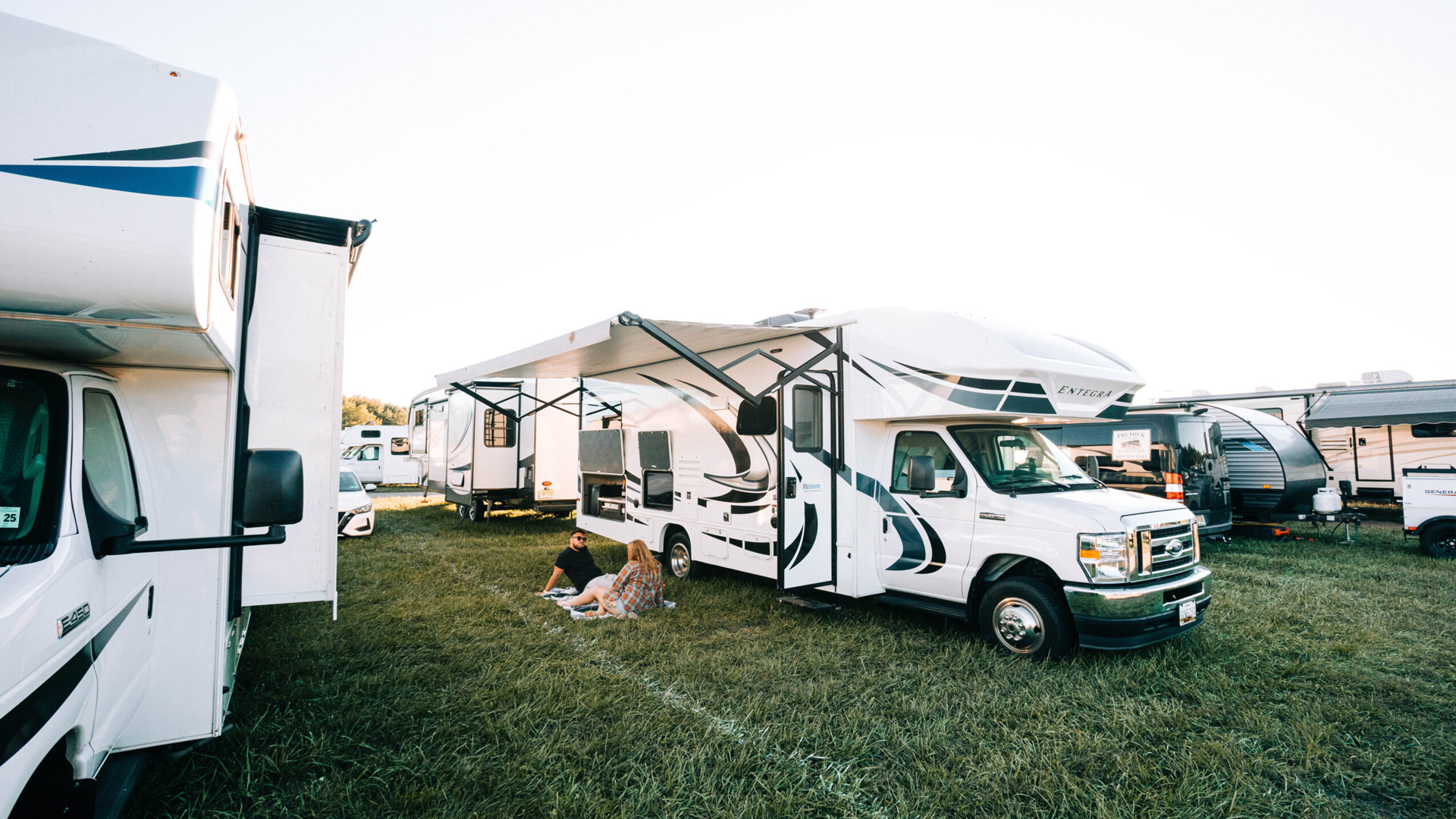
Questions to Ask When Buying a Used RV: Expert Guide
Table of contents
Buying a used RV can be an exciting yet daunting experience, especially if you’re new to the world of recreational vehicles. With the growing popularity of RV travel, many people are opting for used RVs as a more affordable way to enter this lifestyle. However, making a wise investment requires asking the right questions. This guide will walk you through the questions to ask when buying a used RV/Camper, ensuring you avoid potential pitfalls and make an informed decision. Whether you’re looking at a used camper or considering questions to ask when buying an RV from a private seller, understanding what to look for when buying a used RV is essential.
Understanding the RV’s History and Ownership
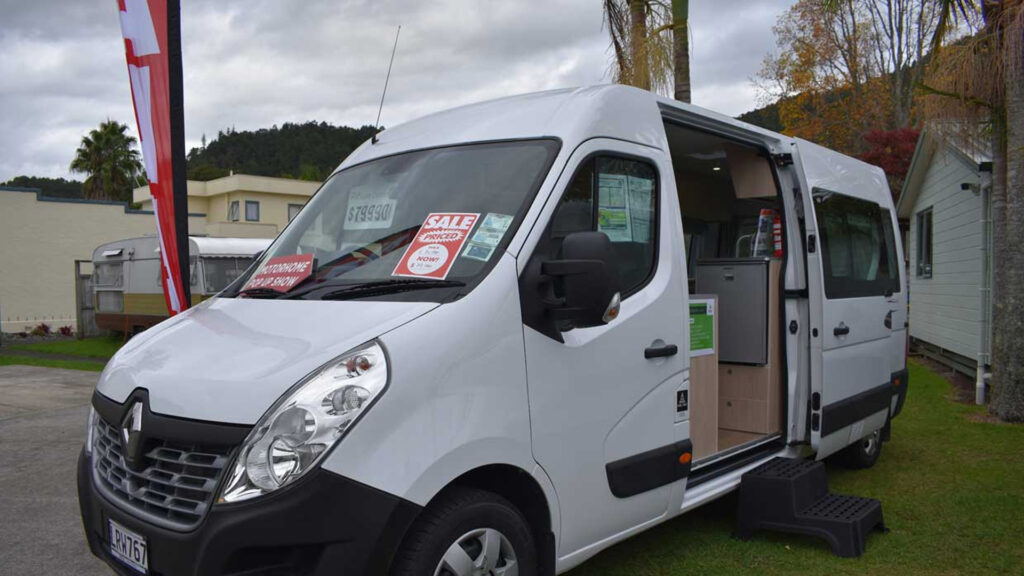
Before anything else, you need to understand the RV’s history and ownership. This step is critical because it provides insight into how the RV was used and maintained, which can impact its current condition and longevity. Among the questions to ask when buying a used camper/RV, understanding its history is one of the most important.
Key Questions to Ask
Who is the current owner, and how long have they owned the RV?
- This helps determine if the RV has changed hands frequently, which could be a red flag.
Can you provide the maintenance records?
- Regular maintenance is key to an RV’s longevity. Review records for consistent servicing.
Has the RV been involved in any accidents or had major repairs?
- Accidents can lead to hidden damage, affecting the RV’s structural integrity.
Are there any liens on the title?
- Ensure the title is clear to avoid legal issues after purchase.
Why are you selling the RV?
- This can provide insight into potential problems or simply confirm that the owner is upgrading or no longer needs the RV.
Understanding the RV’s past usage patterns is also important. If the RV has been sitting unused for long periods, it might have issues related to inactivity. Conversely, if it has been heavily used, wear and tear might be more significant.
Inspecting the RV’s Exterior
The exterior of the RV is where you’ll often find signs of wear and tear, damage, or neglect. A thorough inspection can reveal potential problems that might not be immediately obvious.
Key Areas to Examine
Water Damage:
- Look for discoloration, soft spots, or delamination on the walls. Water damage can be costly to repair and is a common issue in used RVs.
Roof Condition:
- Check for cracks, tears, or any signs of leaks. The roof is a critical part of the RV’s protection against the elements.
Windows and Seals:
- Ensure windows open and close properly and that seals are intact to prevent leaks.
Tires and Undercarriage:
- Inspect tires for wear and check the date codes. The undercarriage should be free from rust and damage.
Structural Integrity:
- Look for any signs of rust, cracks, or other structural issues that could compromise the RV’s safety.
When considering what to look for when buying a used RV, the exterior inspection is one of the most important steps. Identifying issues here can save you from costly repairs down the road.
Evaluating the RV’s Mechanical Components
The mechanical components of the RV, including the engine, transmission, and other systems, are the heart of the vehicle. Ensuring these are in good working order is crucial to avoid breakdowns and expensive repairs.
Key Mechanical Components to Inspect
Engine and Transmission:
- Ask for a cold start and listen for any unusual noises. Check for oil leaks and ask about any recent repairs or issues.
Mileage:
- While mileage isn’t the only indicator of condition, it can give you an idea of how much the RV has been used. Compare the mileage to the RV’s age and type.
Test Drive:
- Always take the RV for a test drive. Pay attention to how it handles, any noises, and how the transmission shifts.
Brakes and Suspension:
- Ensure the brakes are responsive and the suspension is in good condition. Worn suspension can lead to a rough ride and handling issues.
Generator and Battery:
- Check the generator’s hours and ensure it’s running smoothly. The RV’s battery should hold a charge and be in good condition.
Understanding what to ask when buying a used RV in terms of mechanical components can prevent unexpected failures and ensure your RV is ready for the road.
Examining the RV’s Interior and Amenities
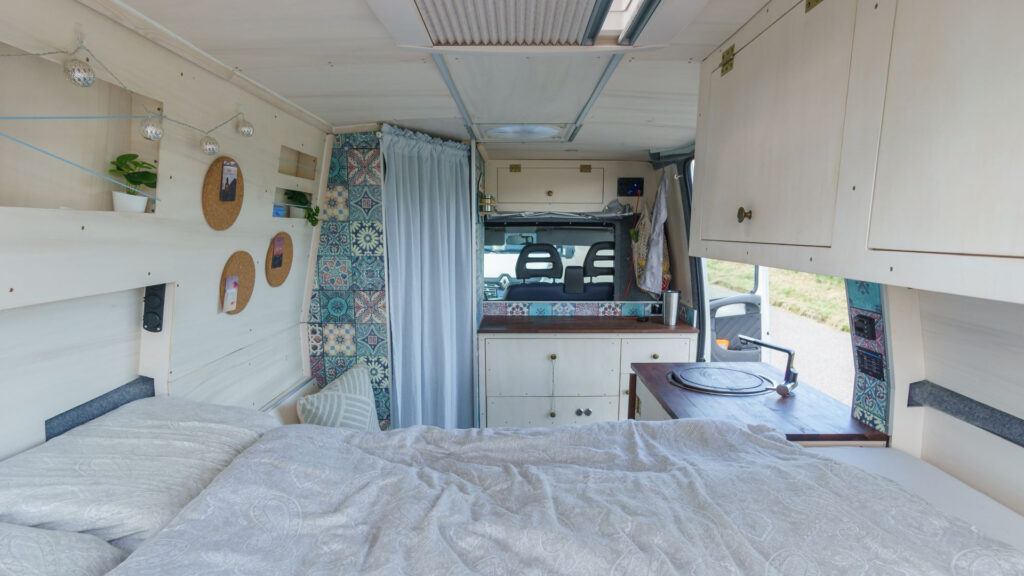
The interior of the RV is where you’ll spend most of your time, so it’s important to ensure it’s comfortable, functional, and in good condition. When considering the questions to ask when buying an RV from a private seller, make sure to thoroughly inspect the living space, kitchen, bathroom, and sleeping areas.
Key Interior Aspects to Check
Living Space:
- Look for signs of wear, such as stains, tears, or damage to furniture and flooring. Ensure the layout meets your needs.
Kitchen:
- Test all appliances, including the stove, oven, refrigerator, and microwave. Check for leaks under the sink and ensure all drawers and cabinets open and close properly.
Bathroom:
- Inspect the plumbing for leaks and ensure the toilet, shower, and sinks are in good working order. Check for mold or mildew, which can indicate water damage.
Sleeping Areas:
- Test the beds for comfort and check for any signs of wear or pests.
Overall Comfort:
- Consider the RV’s insulation, ventilation, and overall livability. Will it be comfortable in different weather conditions?
Knowing what to look for when buying a used RV in terms of the interior can make a big difference in your overall satisfaction with your purchase.
Understanding the RV’s Systems and Features
Modern RVs come with a variety of systems and features that enhance comfort and convenience. Ensuring these are all in working order is essential before making a purchase.
Key Systems and Features to Test
Electrical System:
- Test all outlets, lights, and the inverter. Ensure the RV can switch between shore power and battery power smoothly.
Water Systems:
- Check the water pump, faucets, and the water heater. Ensure there are no leaks in the plumbing.
HVAC Systems:
- Test the heating and air conditioning systems to ensure they are working efficiently.
Slides and Awnings:
- Operate all slides and awnings to ensure they extend and retract smoothly without any issues.
Generator and Batteries:
- Ensure the generator is functioning properly and the batteries are charging.
Understanding what to ask when buying an RV from a private seller regarding the RV’s systems can help you avoid unexpected repairs and ensure everything is functioning as it should.
Considering the Financial Aspects
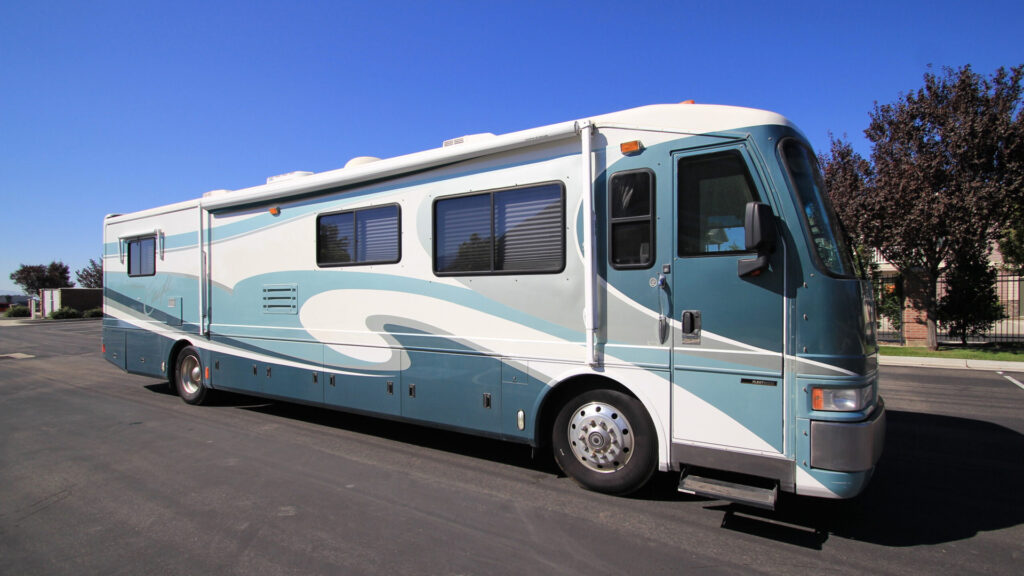
Buying a used RV is a significant financial investment, so it’s important to consider all the financial aspects involved. When evaluating questions to ask when buying a used camper, this includes not only the purchase price but also additional costs that might arise.
Key Financial Considerations
Fair Market Value:
- Research the fair market value of the RV you’re considering. This can help you negotiate a better price.
Negotiation:
- Be prepared to negotiate based on the condition of the RV and any issues you discovered during your inspection.
Additional Costs:
- Consider additional costs such as insurance, maintenance, repairs, and potential upgrades. Don’t forget to factor in registration and taxes.
Financing Options:
- If you’re not paying cash, explore financing options and compare interest rates to ensure you get the best deal.
Extended Warranties:
- Consider whether an extended warranty might be worth the investment, especially if the RV is older or has higher mileage.
Understanding what to look for when buying a used RV from a financial perspective can help you make a smart investment and avoid unexpected expenses.
Professional Inspections and Expert Opinions
While you can do a lot on your own, getting a professional inspection can provide additional peace of mind, especially when considering questions to ask when buying an RV from a private seller. Professional inspectors have the expertise to spot issues you might miss, potentially saving you money in the long run.
Benefits of a Professional Inspection
Comprehensive Evaluation:
- A professional inspection will cover all aspects of the RV, from mechanical systems to the interior and exterior.
Expert Opinions:
- Inspectors can provide expert opinions on the RV’s condition and whether it’s a good investment.
Negotiation Tool:
- A professional inspection report can be a powerful tool in negotiating the price if issues are found.
Avoiding Future Costs:
- By identifying potential problems early, a professional inspection can help you avoid costly repairs in the future.
When considering questions to ask when buying a used RV, a professional inspection should always be on your list. It’s a small investment that can provide significant returns in terms of peace of mind and financial savings.
Ready to Protect Your New RV? Get Custom Skirting Today!
Enhance your RV ownership experience by investing in custom skirting, the nation’s leading solution for superior protection and insulation. Don’t settle for less when it comes to safeguarding your RV. Our expertly tailored skirting ensures a perfect fit, utilizing our exclusive “No-Snap, No-Gap” channel system to keep out water, snow, and wind. With over a decade of proven performance, our skirting has been the top choice for RV enthusiasts facing the toughest winters across the northern United States and Canada.
Book your Custom Skirting now and enjoy peace of mind on every adventure!
